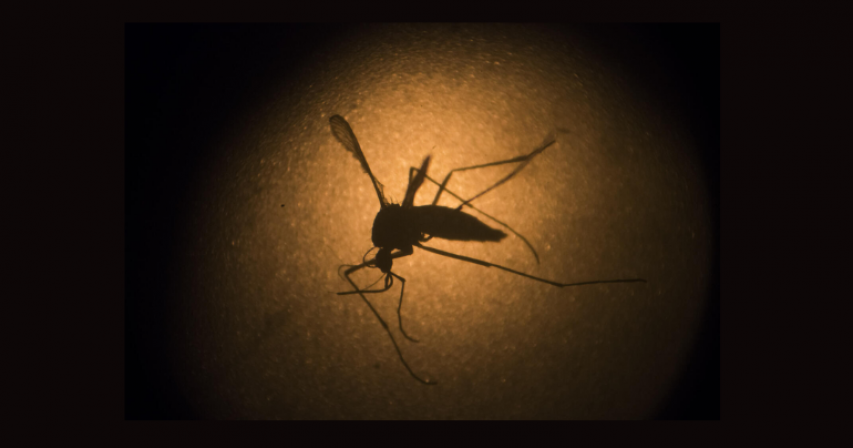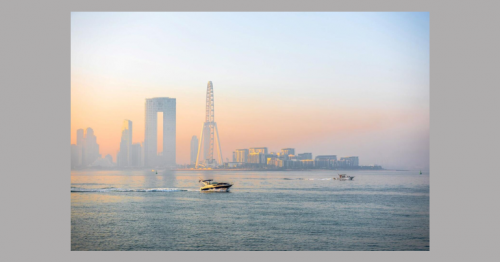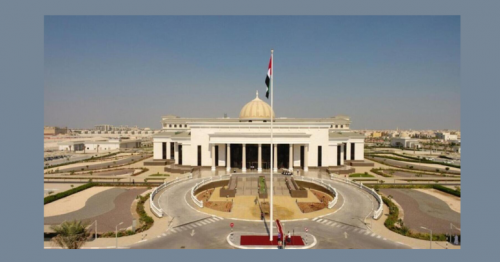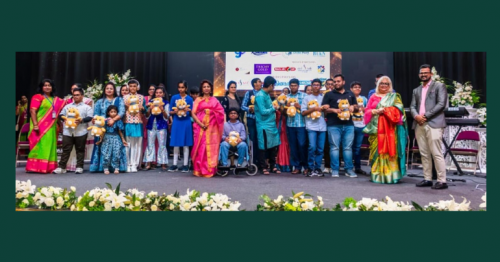Coils from India, repellant bracelets: How UAE residents are coping with rise in mosquitoes

As the rainy season descends upon the United Arab Emirates (UAE), residents across the country are grappling with a notable increase in the mosquito population. From buzzing nuisances to potential carriers of diseases like dengue, mosquitoes have become a growing concern for individuals and families alike.
Azeeja Aman, a Dubai resident, shares her apprehensions about the surge in mosquitoes, particularly concerning her toddler. She recounts how the incessant mosquito bites not only leave her daughter's skin irritated and itchy but also raise fears of diseases like dengue. With social media abuzz with reports of dengue cases even among those who haven't traveled outside the UAE, the anxiety surrounding mosquito-borne illnesses is palpable among residents.
The Ministry of Climate Change and Environment (MOCCAE) has been proactive in addressing the mosquito issue through ongoing programs aimed at surveying, monitoring, and eliminating mosquitoes, especially during the rainy season, which marks the breeding period for these pests. Despite these efforts, healthcare providers have witnessed a notable increase in dengue cases across various hospitals in the UAE. Dr. Grace Fabrizia Graziani from Aster DM healthcare notes the global concern surrounding dengue outbreaks, emphasizing the need for vigilance and preventive measures.
Dr. Dima Ibrahim, a Specialist in Infectious Diseases, confirms the surge in suspected dengue cases in Abu Dhabi, highlighting the common symptoms and the potential severity of the disease. Shehnaz M., a Dubai resident, echoes the sentiments of many as she expresses frustration over the prevalence of mosquitoes in her community, citing instances of hospitalizations due to dengue.
In response to the escalating mosquito problem, the government has launched the National Mosquito Control Program, collaborating with various ministries and local government departments to survey, monitor, and control mosquito infestations. Residents in Sharjah have reported sightings of smart mosquito traps deployed by the Ministry of Health and Prevention (MOHAP), offering some relief from the relentless mosquito attacks.
Despite government efforts, residents are advised to take precautionary measures to minimize the risk of contracting dengue. Dr. Dima emphasizes the importance of using mosquito repellents, wearing protective clothing, and eliminating stagnant water sources to reduce mosquito breeding grounds. While there is no specific antiviral medication for dengue, medical professionals focus on managing symptoms and preventing complications, especially in severe cases requiring hospitalization.
In conclusion, the surge in mosquitoes in the UAE presents a significant challenge to public health and well-being. As residents navigate the rainy season, it's essential to remain vigilant, adhere to preventive measures, and collaborate with government initiatives to mitigate the impact of mosquito-borne diseases on individuals and communities alike. Through collective efforts and proactive measures, the UAE aims to combat the mosquito menace and ensure a safer and healthier environment for all its residents.
By: Sahiba Suri





Comments